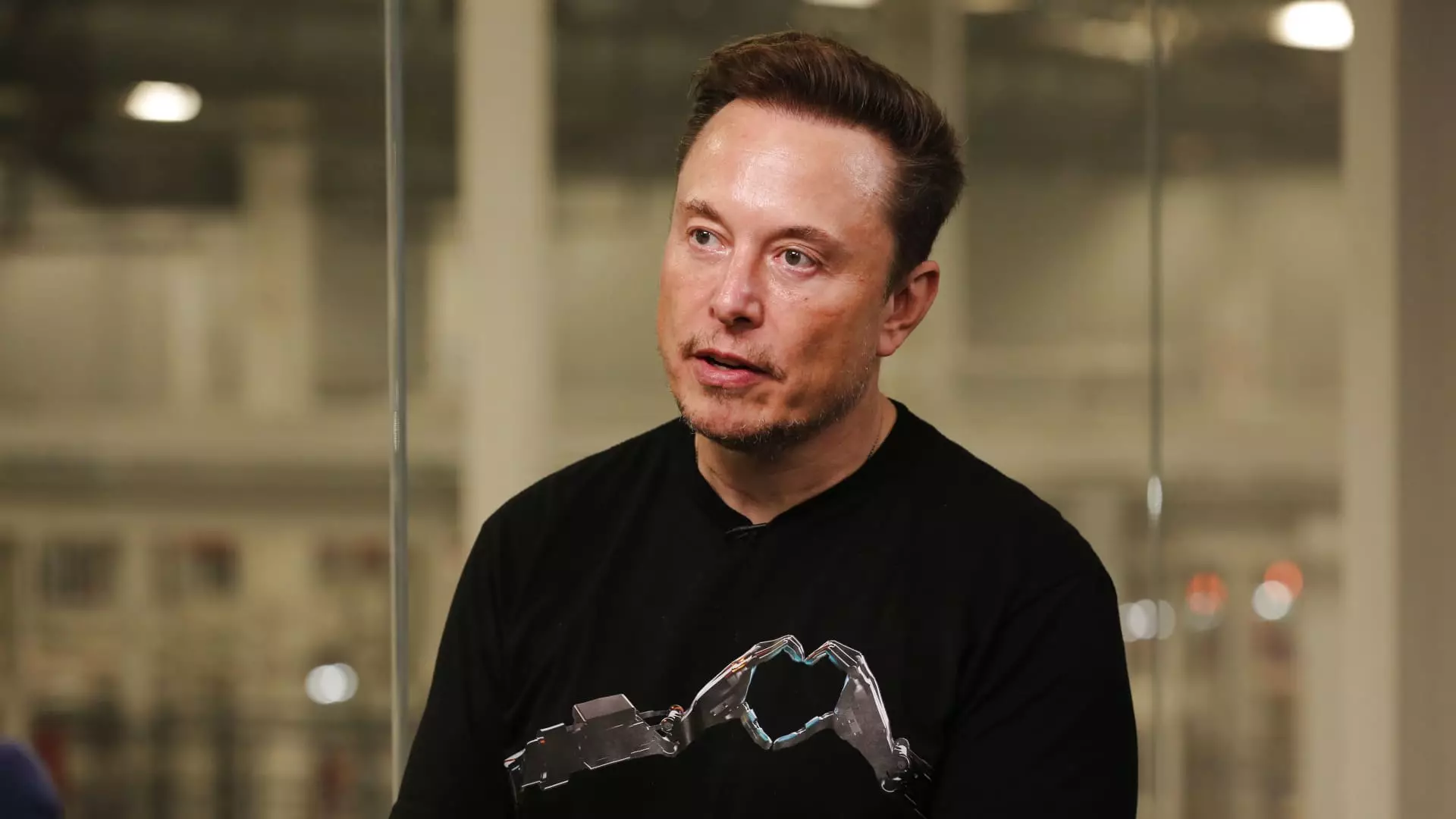In a striking development, the intricacies of government appointments have come under scrutiny following the resignation of Marko Elez, a staff member from the Department of Government Efficiency (DOGE), reportedly linked to a problematic social media account advocating for hate speech and eugenics ideologies. The resignation took place shortly after the Wall Street Journal raised concerns with the White House regarding Elez’s associations, highlighting the uncharted territory where technology and governmental oversight intersect.
Elez, a 25-year-old tech professional, had recently received clearance from a federal judge for access to sensitive payment systems within the U.S. Treasury department. However, this access came with significant restrictions regarding the dissemination of specific data. This scenario elicits questions about the vetting processes in place when it comes to individuals with potential ideological biases in roles associated with public finance and oversight.
The account in question, originally registered under the username @marko_elez, and later renamed to @nullllptr, had previously shared disturbing sentiments, including open expressions of racism and calls for violence concerning geopolitical conflicts. This raises essential questions about the ethical duty of organizations, especially those connected to public service, to ensure that their staff align with fundamental values of inclusivity and respect.
One tweet, “You could not pay me to marry outside of my ethnicity,” illustrates a blatant disregard for cultural diversity and empathy. Additionally, inflammatory remarks about specific ethnic groups, in this case targeting Indian nationals in the tech sector, spotlight a troubling trend among some who inhabit the intersection of technology and public policy.
Elon Musk’s increasing involvement in governmental initiatives aimed at reducing federal spending and employee counts represents a controversial blend of private ambition within the realm of public service. Musk’s impact has sparked discussions about whether the public sector should intertwine so closely with private influence. As President Trump and Musk endeavor to streamline government operations, the resignations of individuals like Elez might serve as a litmus test for the effectiveness and ethicality of such partnerships.
In response to inquiries regarding Elez’s resignation, White House spokesperson Karoline Leavitt affirmed that this decision was consequential to the scrutiny initiated by journalistic investigation. Treasury Secretary Scott Bessent defended the DOGE team, emphasizing that its members are “highly trained professionals,” a statement that, while reassuring, may remain insufficient for the public requiring extensive accountability in government operations.
This episode serves as a microcosm of broader societal issues: the challenges of governance in a modern, polarized world. With increasing scrutiny of social media’s role in shaping public discourse, as well as potential biases that may arise within governmental frameworks, it is imperative to foster an environment of transparency and ethical vigilance. As government positions increasingly attract individuals from diverse tech backgrounds, the focus must shift towards establishing checks that can effectively filter out those whose personal beliefs and online behavior may not align with the values of an inclusive and equitable society.


Leave a Reply